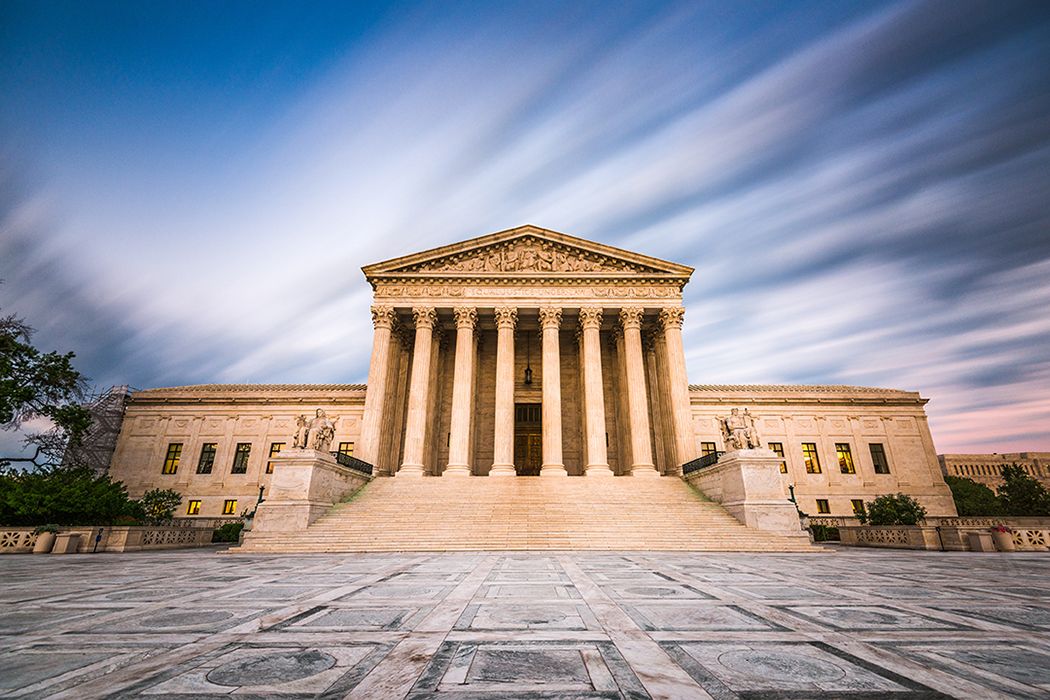
FOR IMMEDIATE RELEASE
June 6, 2024
CONTACT:
Jantzen Hale, National Congress of American Indians, ncaipress@ncai.org
Amy M. Echo-Hawk, Native American Rights Fund, media@narf.org
WASHINGTON, D.C. | Today, the U.S. Supreme Court affirmed that the 1975 Indian Self-Determination Act (ISDA) mandates the Indian Health Service (IHS) to reimburse Tribal Nations for the expenditures of revenues collected from third-party payors such as Medicare, Medicaid, and private insurers. This ensures that Tribal Nation healthcare programs operate on equal footing with IHS-run programs, as intended by the ISDA. The Court consolidated Becerra v. San Carlos Apache Tribe and Becerra v. Northern Arapaho Tribe and held that the ISDA and the ISDA contracts require the Tribal Nations to collect revenues from third-party payors and spend that revenue to further their respective healthcare programs. As a result, the costs to Tribal Nations of spending these revenues on further healthcare services must also be eligible for contract support cost reimbursement from IHS.
“Today’s decision is a victory for tribal self-determination and tribal sovereignty,” said National Congress of American Indians (NCAI) President Mark Macarro. “This ruling ensures that Tribal Nations administering healthcare services to their citizens and communities do so with the full funding to which they are entitled under federal law and contracts with the Indian Health Service.”
John Echohawk, Executive Director of the Native American Rights Fund (NARF), agreed. “Congress passed the Indian Self-Determination Act with the purpose of empowering Tribal Nations and ensuring that tribally-run healthcare programs would be on equal footing with those run by the Indian Health Service. This decision honors the commitment Congress made to Tribal Nations’ rights to self-determination.”
###
About the National Congress of American Indians:Founded in 1944, the National Congress of American Indians (NCAI) is the oldest, largest, and most representative American Indian and Alaska Native organization in the United States. NCAI advocates on behalf of tribal governments and communities, promoting strong tribal-federal government-to-government policies. NCAI promotes an understanding among the general public regarding American Indian and Alaska Native governments, people, and rights. For more information, visit www.ncai.org.
About the Native American Rights Fund:NARF is a non-profit 501c(3) organization focused on applying existing laws and treaties to guarantee that federal and state governments live up to their legal obligations to Native Americans. Since 1970, the Native American Rights Fund (NARF) has provided specialized legal assistance to Indian tribes, organizations, and individuals nationwide to assert and defend the most important Native rights in hundreds of major cases. NARF has achieved significant results in critical areas such as tribal sovereignty, treaty rights, natural resource protection, voting rights, and Indian education. Like us on Facebook and follow us on Twitter @NDNrights to learn about the latest fights to promote justice and protect Native American rights. Visit www.narf.org.
